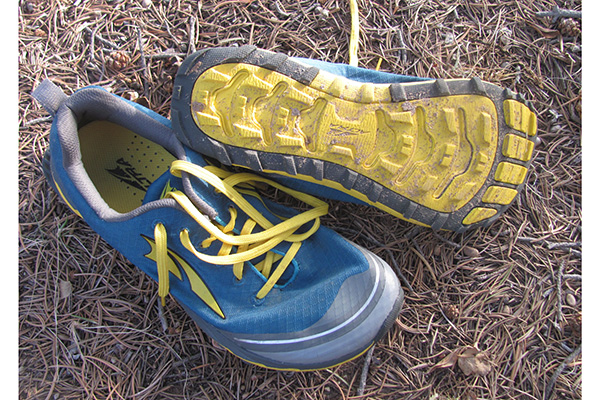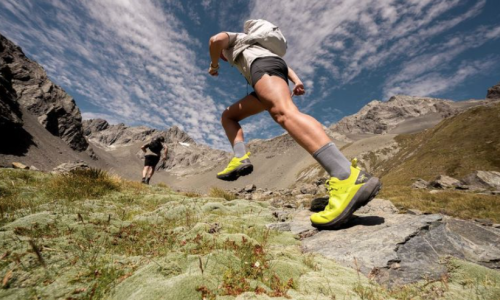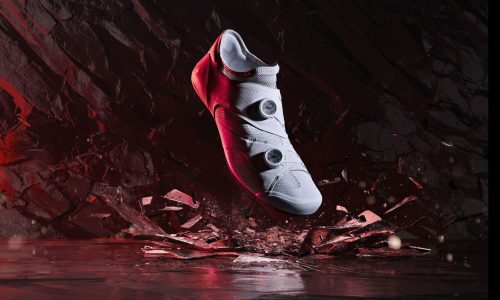
A recent study out of the University of Colorado, in conjunction with the Nike Explore Team Sport Research Lab, took a look at exactly how running shoe weight affects running efficiency. Their findings supported what our own testing and coaching has shown, at least anecdotally, all along.
Researchers took 18 male, sub-20 minute, 5k runners and had them run three separate 3000-meter time trials on a treadmill.
During the last two time trials, the researchers discreetly added 100 and 300 grams respectively to a pair of control shoes. The researchers then calculated metabolic rates for the treadmill tests and recorded overall running time for the time-trials to determine the effects of the added weight on running economy. They found that 3000-meter time increased 0.78% per 100 gram of shoe.
Another study looked at running performance over 5km to see if wearing “minimalist shoes” or lightweight running shoes would affect time, over running in conventional running shoes. Not surprisingly, they also found running in lightweight shoes improved both 5k time trial and running economy.
The concept of running in lightweight running shoes isn’t new. Competitive runners have long known the benefits of lightweight running shoes. The next time you’re at a big race keep an eye on the elite runners before the race starts. Watch them as they warm up. At some point you’ll notice they put on a different pair of shoes called racing flats. These lightweight shoes are reserved for when time matters.

So what can the average runner take from these findings? Well, it’s not to say every runner should head out right now and buy the lightest shoes possible with the hope of shaving heaps of time off their next race — but for some it may be worth taking a deeper look.
The first thing to consider is your experience level. It’s important to note that both studies focused on what they called “trained runners,” with the first defining “trained runners” as able to complete a sub 20 minute 5k. While it’s likely slower runners could see benefits from lighter shoes, how much is unknown.
The second thing to consider is what type of shoes you’re running in now. How much do they weigh? Do they fall into more of a comfort category or lightweight category? Most comfort shoes fall in around the 10 ounce range, while lightweight shoes can span from 8 ounces all the way down to 3 ounces for racing flats. Keep in the mind the first study, which found that for every 100 grams (or 3.5 ounces), time for 3000 meters increased by 0.78 percent.
Finally, recall that elite runners switch to their lightweight shoes just before a race. Elites don’t always run or train in lightweight shoes. They still use comfort shoes for the majority of their running. The lightest-weight shoes are reserved for racing and fast workouts when they need the benefits of a lighter shoe. This is important; and you’ll want to do the same.
Bottom line: Always have two pairs of shoes you’re cycling through…an everyday running shoe you love, and a lightweight shoe for races and faster workouts.














